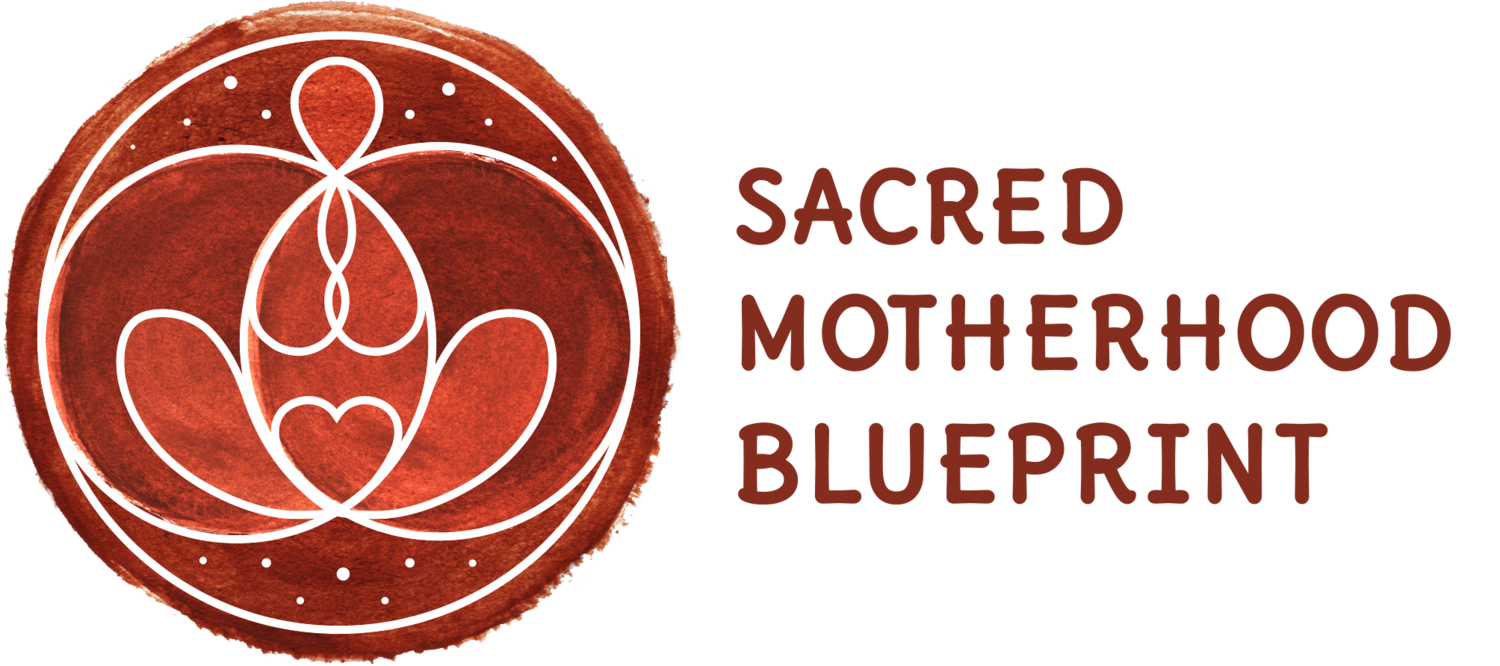By Sunshine Tresidder,
Midwife and co-facilitator of the Ceremonial Doulaship Immersion
Image taken from internet.
For me, the word doula is both a noun and a verb.
The question of who is a doula is easily answered. A doula is one who shows up when the mother calls. Whether that is running to a birth that is happening in real time or returning for a home visit to assist a postpartum mother and 3-day old newborn in their precious moments of getting to know each other. The doula is the one that is on-call, with the birth/postpartum bag already in the car. A doula is a labor coach who has a voice that can soothe and empower at the same time. A doula is trained to assist in postpartum healing and provides a watchful eye over the newborn´s critical first days. A doula is one that serves families as they grow, who has a basket full of complementary therapies to soothe labor pains, shift energy, and anchor peace. A doula knows to do the dirty dishes in the sink and fold some laundry for the mama as she sleeps. In return, doulas get to witness newborn milky smiles and oxytocin rushes.
How is doula a verb? Well to doula, is to offer yourself as a servant to the waves of birth. To doula is to plan your life around due dates, knowing that your full moon and new moons are potentially filled with babies. To doula is to weave a blanket of community support around the family. To doula is be compassion in action. To doula, is to pour every drop of energy you have into creating a peaceful, supportive and loving space for a child to be born into, then you watch over and protect that space with a heart full of reverence.
Image taken from internet.
This of course seems to be a radical idea in the face of today’s rising maternal mortality rates in the US. Yet, scientific evidence has demonstrated that having continuous labor support from a trained doula significantly reduces the rates of cesarean sections and instrumental deliveries across all socio-economic sectors (Fortier, Godwin, 2015). In a recent study the researchers found that “Doula-assisted mothers were four times less likely to have a low birth weight (LBW) baby, two times less likely to experience a birth complication involving themselves or their baby, and significantly more likely to initiate breastfeeding. Communication with and encouragement from a doula throughout the pregnancy may have increased the mother’s self-efficacy regarding her ability to impact her own pregnancy outcomes” (Gruber, Cupito, Dobson, p.49, 2013).
Doula’s serve the parents by offering support, but also by being an advocate for their rights as parents. Doulas can help educate and illuminate the families they serve as to their rights and options while they navigate the daunting conventional medical system. It is this aspect of empowering families that has a ripple effect, which will continue to serve these parents as their children grow.
Doulas are excellently placed to serve women of color that are oppressed by the dominant paradigm. The DONA (Doulas of North America) organization carries an international vision for “a doula for every person who wants one”. Many doulas know that our role at births and in the postpartum sanctum are supportive and nutritive to the community as a whole. Serving women that are underserved by the current paradigm is a radical action that can only bring empowerment to the mother, her relationship with her child, the family unit, and the greater community. The power of this kind of support can have long lasting inter-generational effects.
Image taken from internet.
A doula’s primary responsibility is to the family she is currently serving. This means we doulas are always students of culture, we receive a unique cultural education with each family we serve. It is a doulas duty to meet and protect the family’s cultural needs and desires as they welcome their child earth-side.
Nutritive, protective, and empowering; these are all aspects of the sensitive and responsible care doulas provide each and every family they serve.
References:
Fortier, J.H., Godwin, M. (2015). Doula support compared with standard care: Meta-analysis of the effects on the rate of medical interventions during labour for low-risk women delivering at term. Canadian Family Physician VOL 61: June 2015, e284-e292
DONA International, retrieved from: https://www.dona.org/the-dona-advantage/about/
Gruber, K.J., Cupito, S.H., Dobson, C. F. (2015). Impact of doulas on healthy birth outcomes. The journal of perinatal education. Winter 2013, p. 49-58.
Sunshine Tresidder is a homebirth midwife, salt of the earth mama, herbalist, plant whisperer, and temple priestess are a few of the ways in which she expresses her essence. Sunshine has been practicing midwifery for over twenty years; facilitating the miracle of birth around the world from Haiti to Indonesia to Peru. She believes each family teaches a unique story about love and truth, and is an honored devotee to each and every sacred birth story she has experienced. She incorporates massage and craniosacral therapy into her midwifery practice, which is located in a small rural community in Northern California. Sunshine is mother to two grown sons whom she birthed naturally on the land, and has lived off-grid in the Redwoods for over two decades. She considers the land, seasons, and moon cycles some of her greatest teachers. Sunshine offers sacred space to women during each new moon in her garden sanctuary, and is an ordained minister who has performed over 23 weddings. You can experience her wisdom and embodiment of doulaship at the CEREMONIAL DOULA IMMERSION





